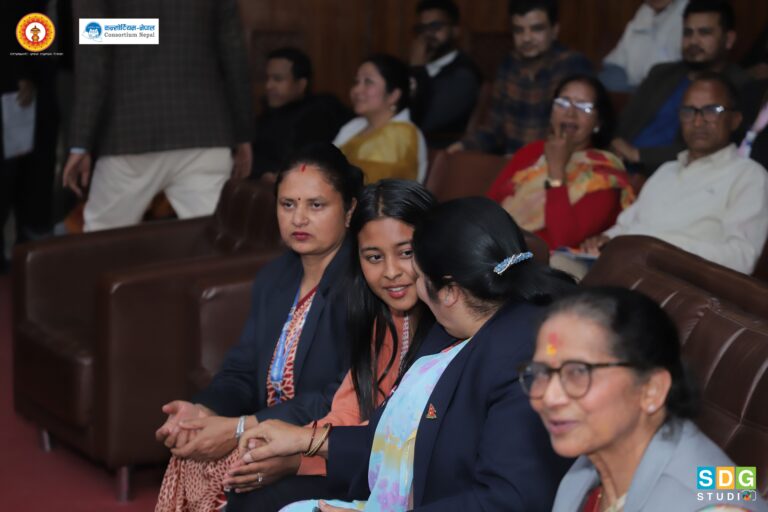National civil Society Dialogue on prioritizing children’s issue in Nepal’s strategy and SDG localization


As Nepal is about to graduate from a Least Developed Country (LDC) to a developing nation in 2026, it is now more crucial than ever that children’s rights remain central to national development. The National Civil Society Dialogue on Prioritizing Children’s Issues in Nepal’s Strategy and SDG Localization, held on March 10, 2025, brought together policymakers, civil society organizations (CSOs), government officials, and child rights activists to discuss the integration of child-centric policies into Nepal’s development strategy. The discussion touched on pressing topics such as child marriage, malnutrition, lack of access to quality education, child protection, and mental health, calling for stronger policies, investment, and child participation in decision-making. Despite Nepal’s advancement in free and compulsory education, healthcare, and legal protections for children, many marginalized groups, especially girls and children in rural communities, continue to face discrimination and limited opportunities. The discussion highlighted the necessity for stronger child protection laws, increased investment in education and health, empowerment of local communities and CSOs, and inclusive and gender-sensitive policies. Climate change was also a priority agenda, demanding environmental action and sustainability initiatives led by children to rescue the future generation. Participants emphasized that Nepal’s post-LDC graduation should focus on children’s agendas to consolidate gains and ensure development works for everyone, especially the most vulnerable. Going forward, multi-stakeholder collaboration between the government, CSOs, private sector, and children themselves is the key to turning these discussions into concrete action. The dialogue reaffirmed that Nepal’s development must be inclusive, equitable, and child-friendly, toward a future where every child can survive, be protected, and have a voice to contribute to the country’s future shaping.